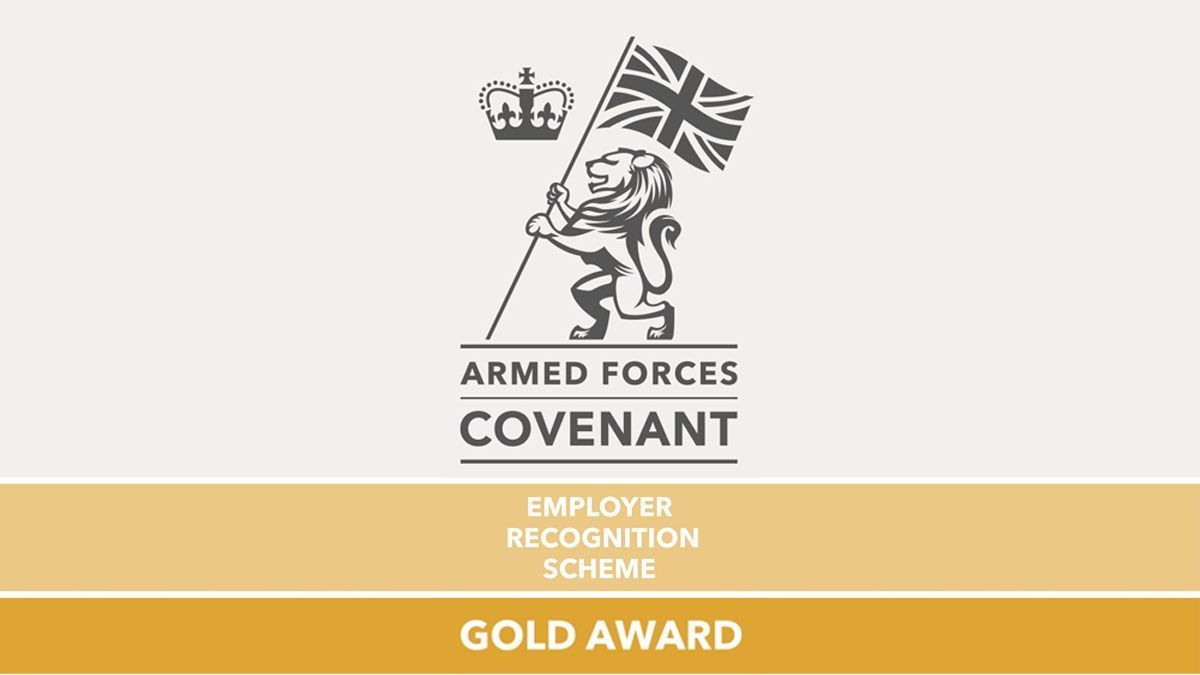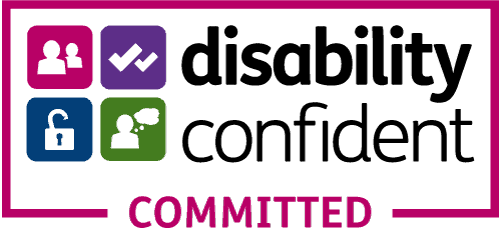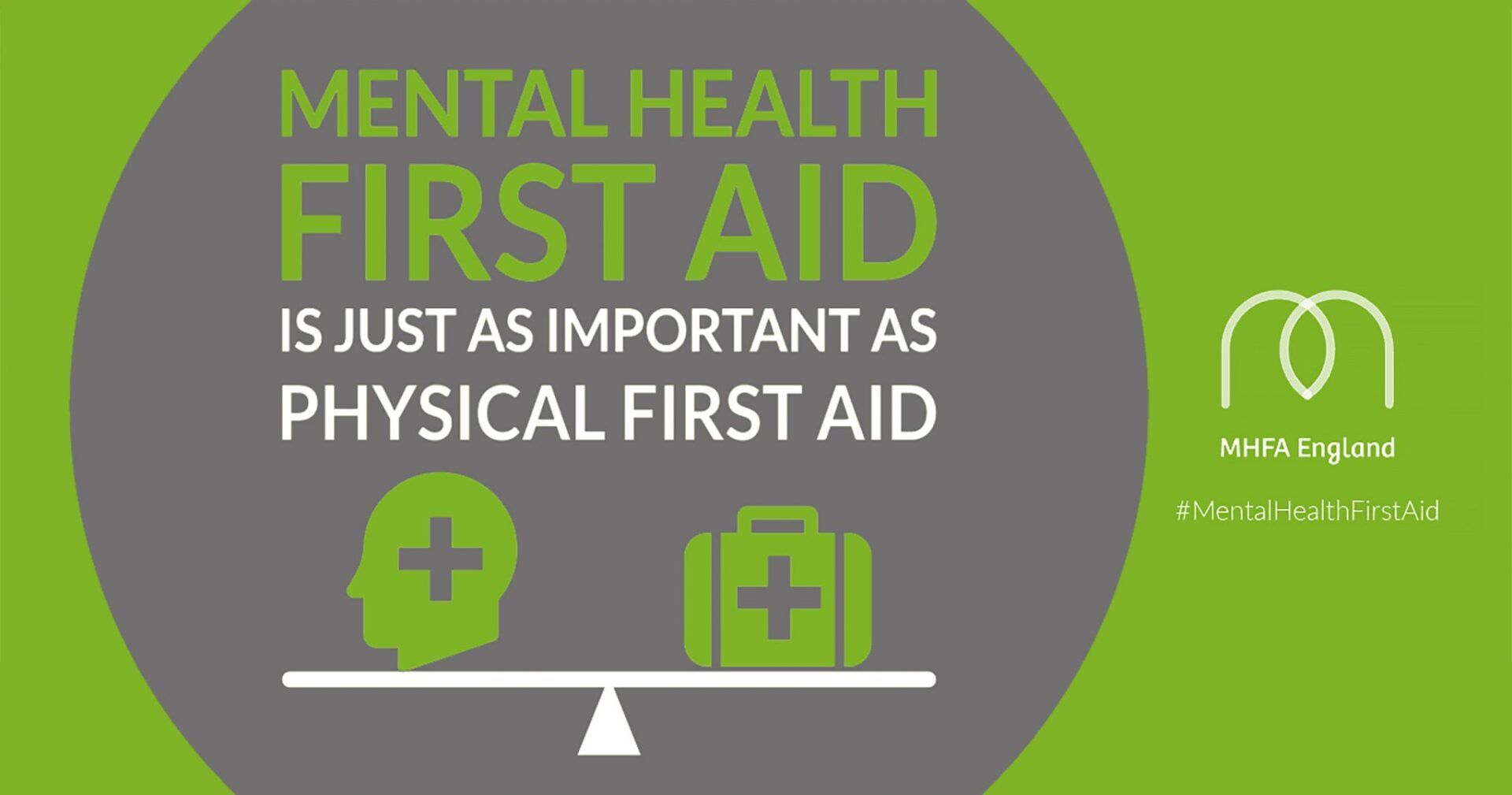Why everyone needs TRiM?
Leon Fisher • April 23, 2021
Building resilience via the delivery of TRiM...

As an ex-military helicopter pilot with experience of serving in Afghanistan I often have people say to me, “my stress and my issues are nothing compared to what you have seen and done”. I totally disagree and this is why.
People need to remember that stress and trauma manifests itself differently in each and every one of us; what would appear stressful to one person is not necessarily stressful to another. Although the military are faced with some truly horrific sights during conflict and operate in highly stressful and dangerous situations, they are well trained and have been prepared for what to expect, within reason of course, whereas most other people are not.
My personal issues from Afghanistan were compounded by similar everyday issues that most people face daily and are in direct comparison to a society that is over worked, under resourced but with an ever-increasing demand for output.
If we use the analogy of the stress bucket, wherein an individual can only take so much stress poured into their own bucket before it overflows and spills out, representative of an emotional reaction which may require time off work with a stress or mental health related issue; I would argue (in my personal opinion) that most people’s stress buckets currently sit at least 65% full, based on the trauma caused by the global pandemic of Covid-19 and the associated issues it brings.
If you delay in helping your workforce now, you are only compounding the issue and the longer-term repercussions will be much more considerable. Help your staff now with early intervention and stop those stress buckets spilling out.
A reliable, systematic review of the available literature by Monitor Deloitte (October 2017) shows the return on investment of workplace mental health intervention on every £ spent is overwhelmingly positive:
5:1
return on reactive interventions
6:1
return for proactive interventions during periods of poor mental health
8:1
return on early stage activities such as mental health de-stigmatisation, campaigns, mandatory training on wellbeing and activities to support employee resilience organisation wide/cultural programmes
Whilst many employers offer reactive support, providing support at earlier, preventative stages of the employee journey may deliver a better than average return on investment. This means that organisation-wide, preventative activities, which improve employee resilience can achieve a higher return on investment than reactive, individual-focused activities. Examples of good practice in Germany, Canada and Australia suggest that providing a common framework around mental health interventions and engaging with key stakeholders can empower employers to implement the most helpful interventions for their workforce.
Get in touch today and let us help!







